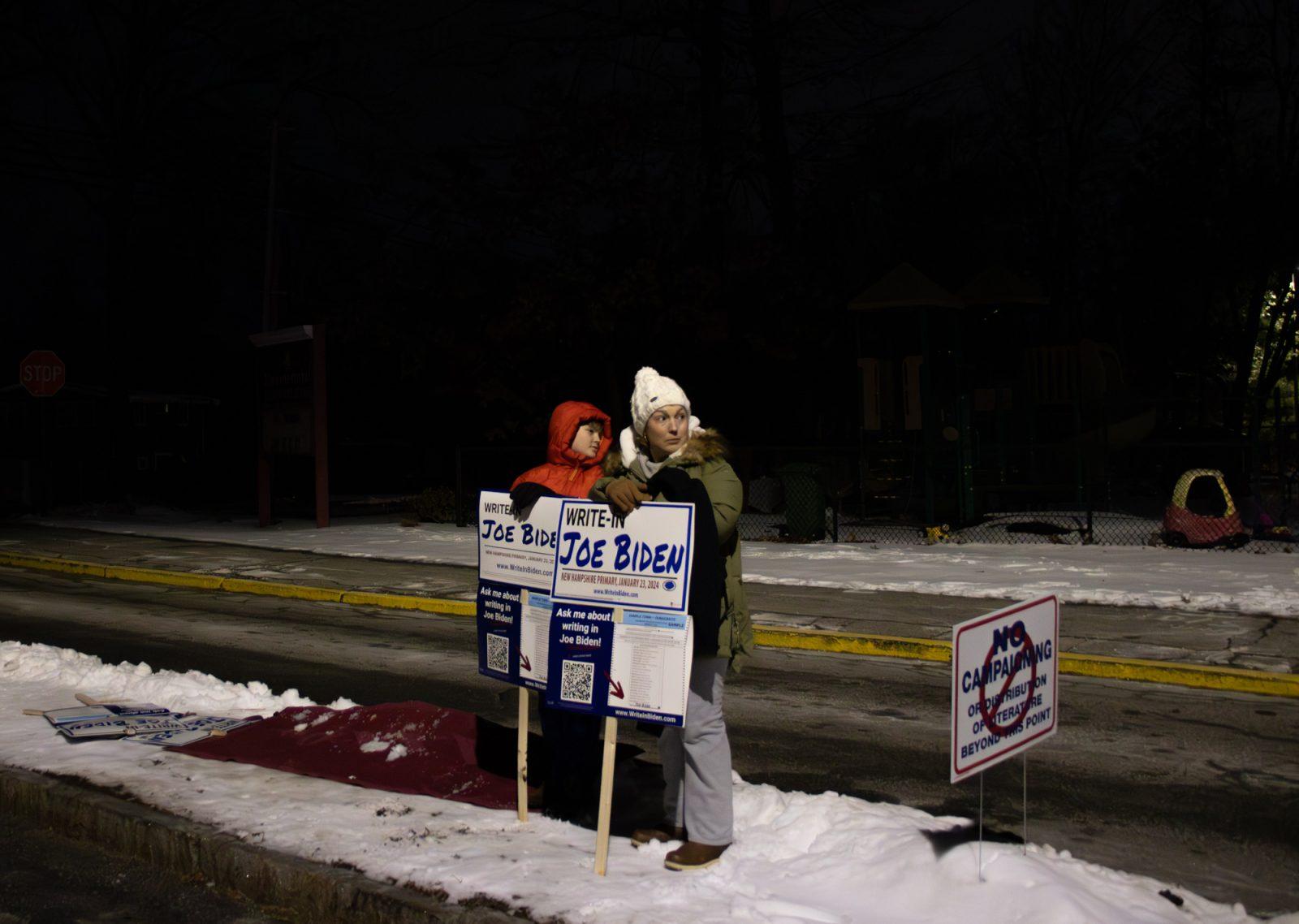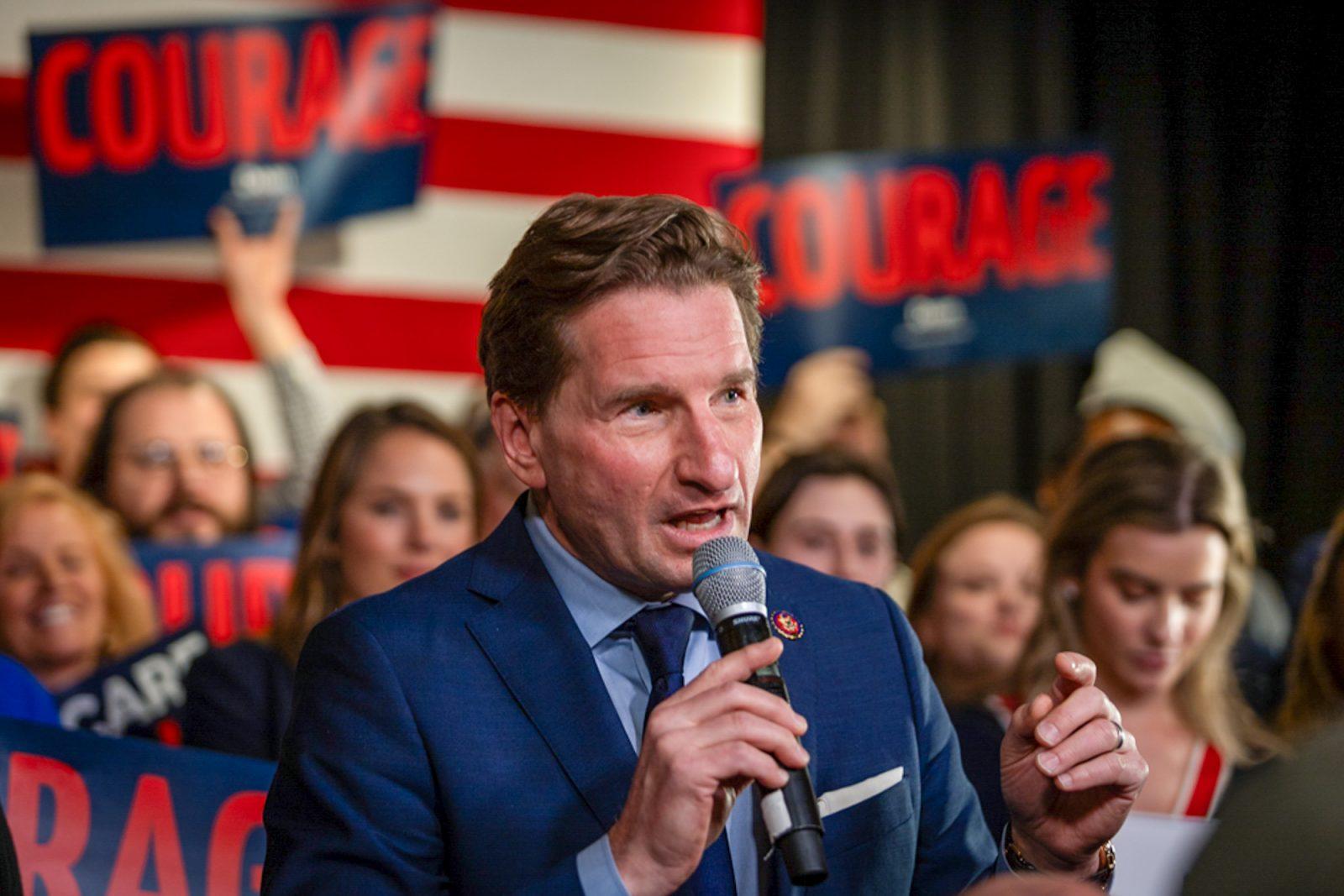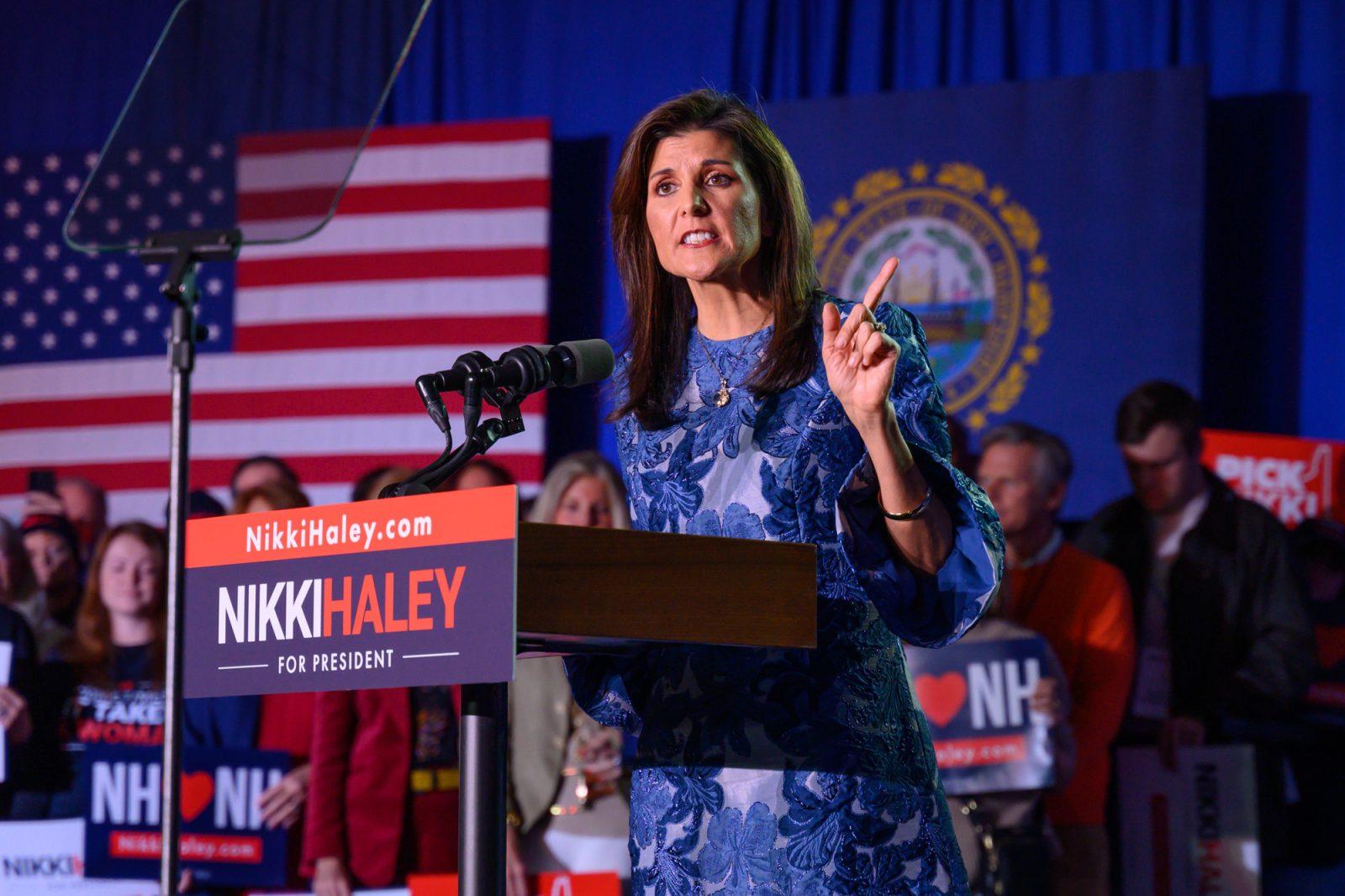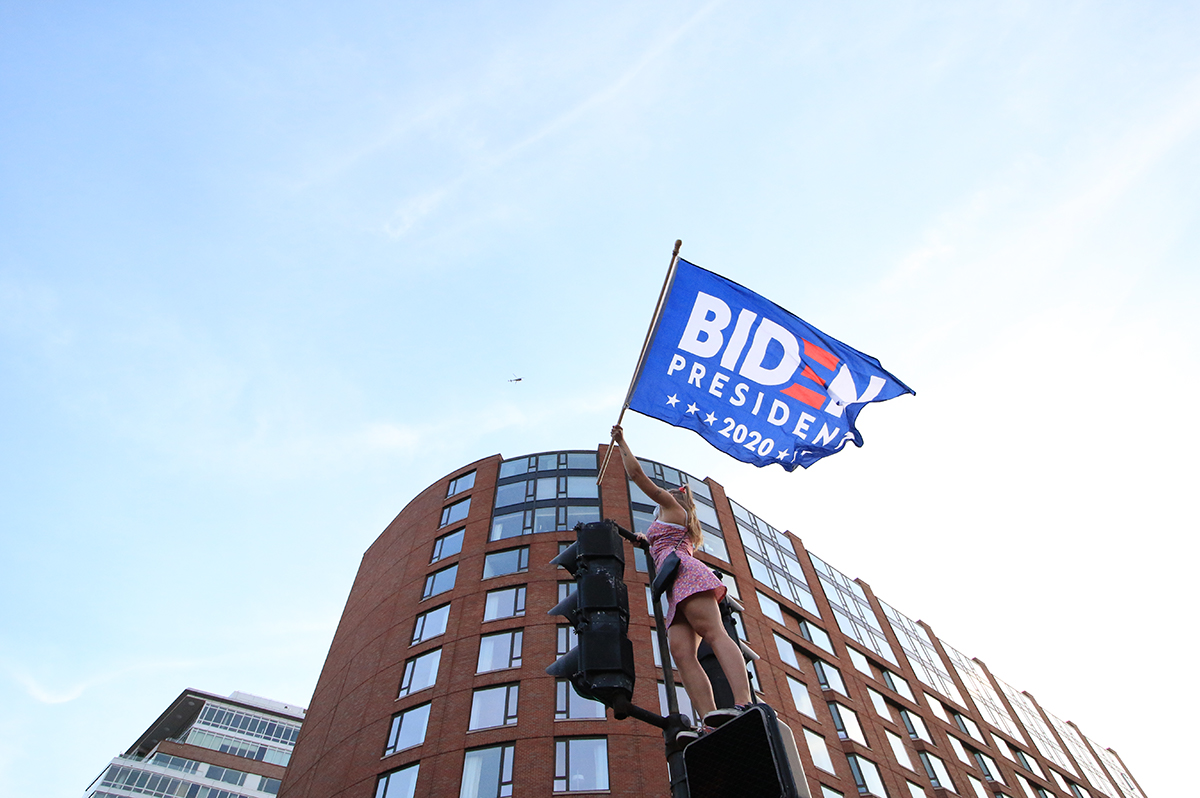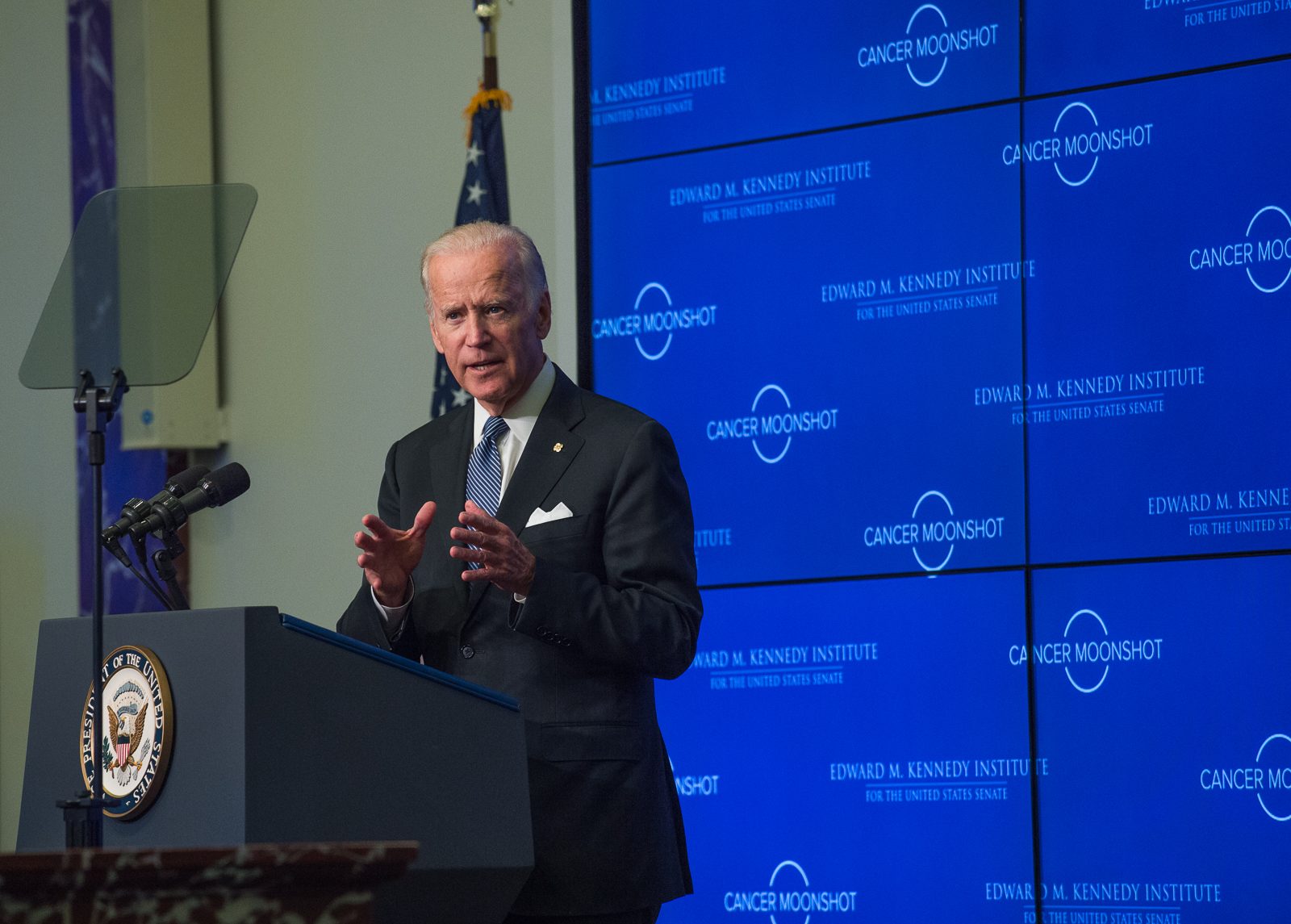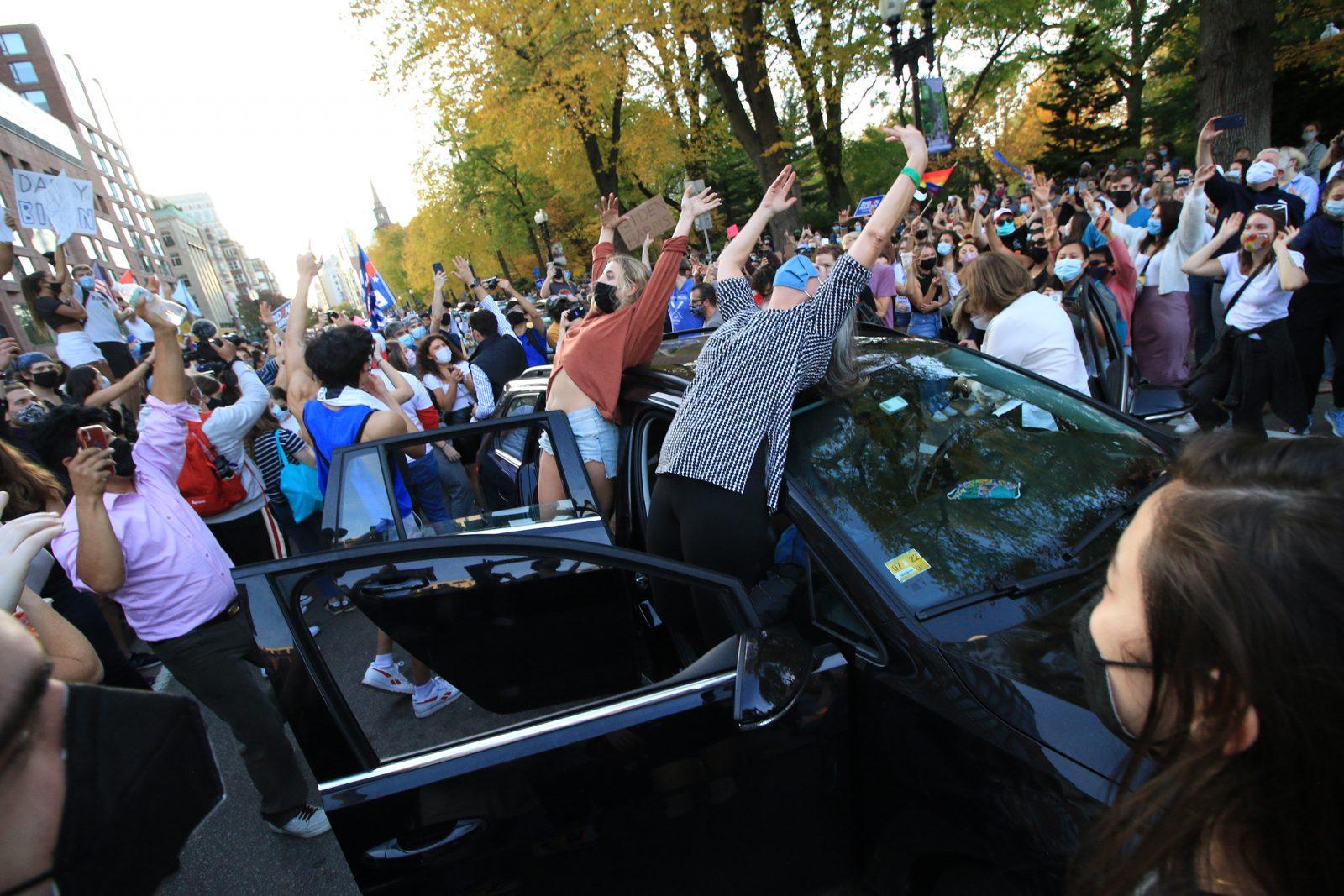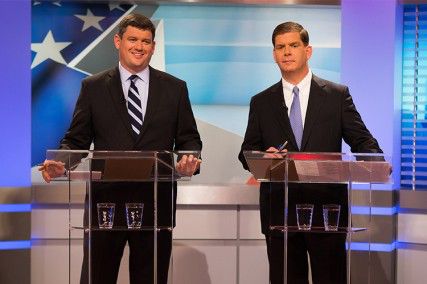
Facing off Tuesday in the first of three televised debates, Mass. Rep. Martin Walsh and City Councilor John Connolly, the two candidates running to replace Boston Mayor Thomas Menino, focused on issues about education reform, racial diversity, real estate affordability and how they would follow in Menino’s footsteps.
Education reform came up several times during the hour-long debate. Both candidates said the city’s public education has advanced significantly in recent years, but still has room for growth.
Connolly, who was a teacher in Boston before politics, said improving public schools was his “life’s work.”
“We have too many children coming to school who are broken,” he said. “We need to get them the help they need.”
Walsh said he had extensive plans for the city’s school system.
“We’re going to look at reorganizing the office of the school department to see where we can find additional revenues,” he said. “In my 16-year career with the legislature, I fought every single year to make sure Boston gets additional money for the schools. I’ll be able to use [those] relationships to get that money and extend the school day.”
A poll released on Thursday by the University of Massachusetts-Lowell Center for Public Opinion has Connolly in the lead by eight points. Both candidates have received a series of endorsements, including former candidate Charlotte Golar-Richie for Walsh and Mass. Rep. Aaron Michlewitz for Connolly.
For promoting minority access to the real estate market and overall economic opportunity, Connolly and Walsh said they would not seek to raise taxes substantially.
“We need to create more opportunities,” Walsh said. “There’s more than one way to bring more money into the city. By growing our economy, we will grow our revenue.”
Connolly said raising the burden on the middle class would only damage the city’s wealth gap.
“We are increasingly a city of the very rich and the very poor,” Connolly said. “The answer is not to raise taxes.”
The debate ended with each candidate’s explanation of how he differs from Menino, whose unprecedented fifth term ends this January.
Connolly said he would be fairly similar to the present mayor with the exception that he would focus more heavily on the public school system.
“Mayor Menino is the mayor of the neighborhoods, and he lived in them 24/7, and I certainly learned from that,” he said. “I’m going to be really aggressive and bold, making sure that every child can get a high-quality education.”
While he said there would be some overlap, Walsh said he would not align as much with Menino.
“I think my style is going different than the mayor,” Walsh said. “I want my department and my cabinet heads to be able to do a lot more so we can have more transparency in government.”
Several residents who watched the debate said both candidates had their points that they emphasized, but Connolly won the debate overall.
“Connolly just knows exactly what he wants to do for the community,” said Francia Romero, 35, resident of Boston. “He’s very strong in his words, and Walsh just wasn’t as much, and it really made a difference.”
Claudia Pouravelis, 32, resident of Boston, said the debate barely went in Connolly’s favor.
“Both candidates really had their strong points, and they’re both great guys who are really committed to the city,” she said. “In the end, though, Connolly is more trustworthy as a leader. It just seems like he has a better feel for all of the neighborhoods, when Walsh is more specific [on certain neighborhoods].”
Brandon Odom, 27, teacher from Dorchester, said the debate would have an effect on the voters, but so much could still change before election day.
“When this whole thing started, I was undecided, but the debate convinced me,” he said. “Connolly did better in my opinion, but I know the support [for each candidate] is scattered across the city. We won’t really have a good idea of how the election will go until people show up at the polls.”
The next debate is scheduled for Oct. 22, with the election set for Nov. 5.
Steven Dufour contributed to the reporting of this article.

















































































































